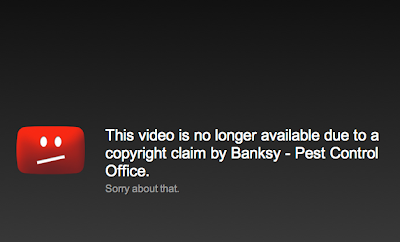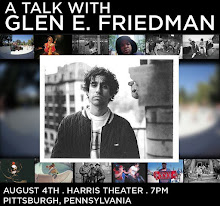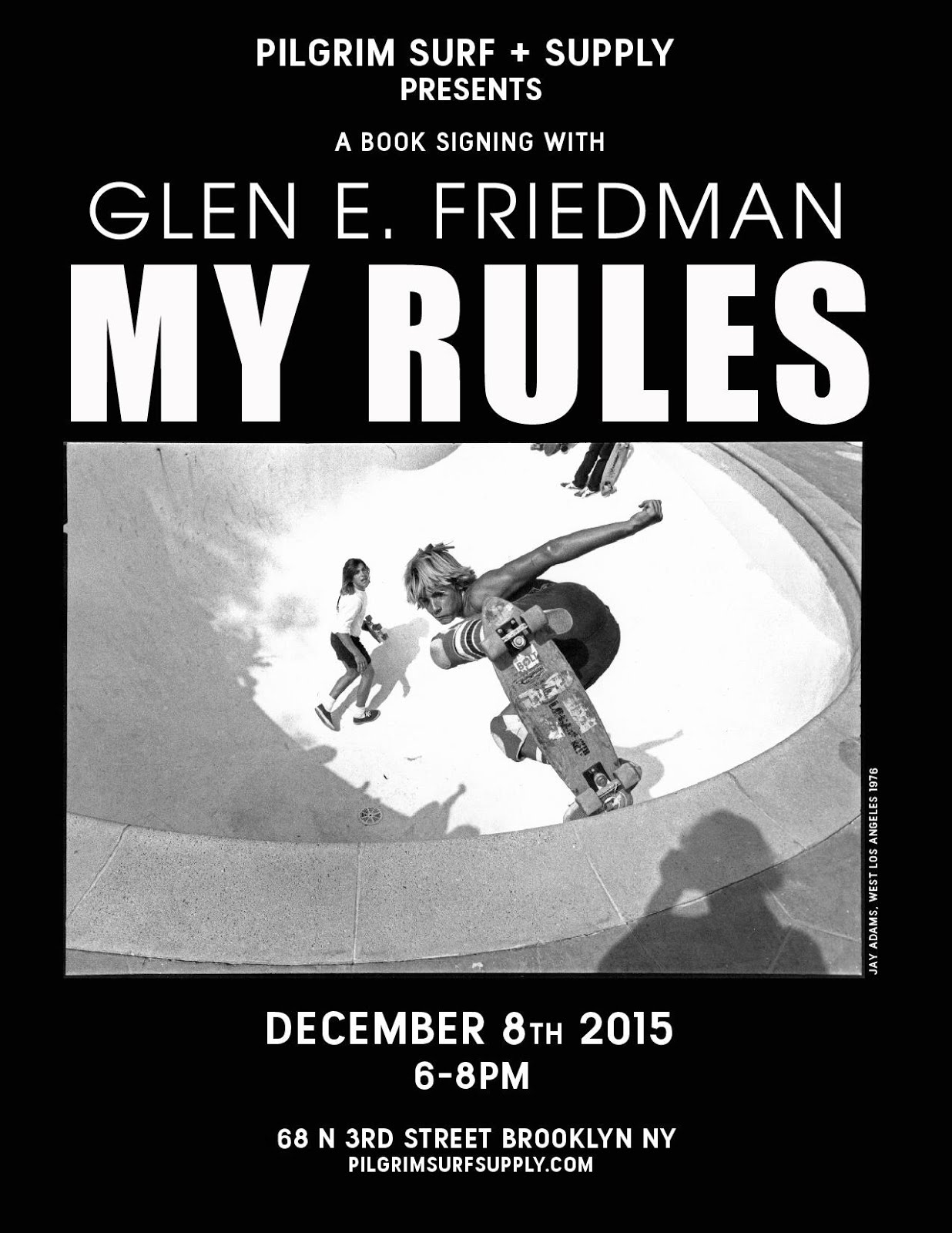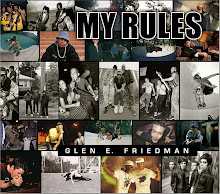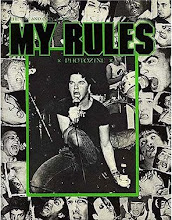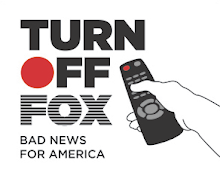Chris Hayes and Naomi Klein on MSNBC. This is totally worth watching. In the second half, she says some important things.
I was raised in a union family in West Virgina. My father worked at the telephone company (one of the Bells) and was a member of the CWA (Communication Workers of America). There is no doubt in my mind, NONE, that my family benefited massively—our lives were made a lot better—because of my father’s union and collective bargaining. I was actually able to have a special allergy medicine that was no longer manufactured made up for me a batch at a time and our insurance paid for it. I had to have special lenses made for my glasses. My sister was able to have braces, etc. How many American jobs have benefits like that anymore? Today, you’d practically have to pull a fucking John Q if your kid got really sick, even if you have health insurance!
When my father retired (he was bought out at age 62) he was extremely bitter about the wages the telephone company was paying the younger hires. He saw the writing on the wall and it wasn’t pretty. Outside of the medical profession I doubt that there are any decent paying jobs with benefits in my hometown anymore.
Scott Walker and the Wisconsin Republicans are the lowest of the low. Traitors to the American middle class. The Wisconsin GOP are ready to knife these people to prove a point! Scum. I spit on them. If it’s not already obvious(!) we here at Dangerous Minds stand firmly with the pro-labor demonstrators in Madison. They’re heroes, these people. Good citizens. May they prevail. For their sakes and for all of our sakes.
from Richard Metzger at DangerousMinds






